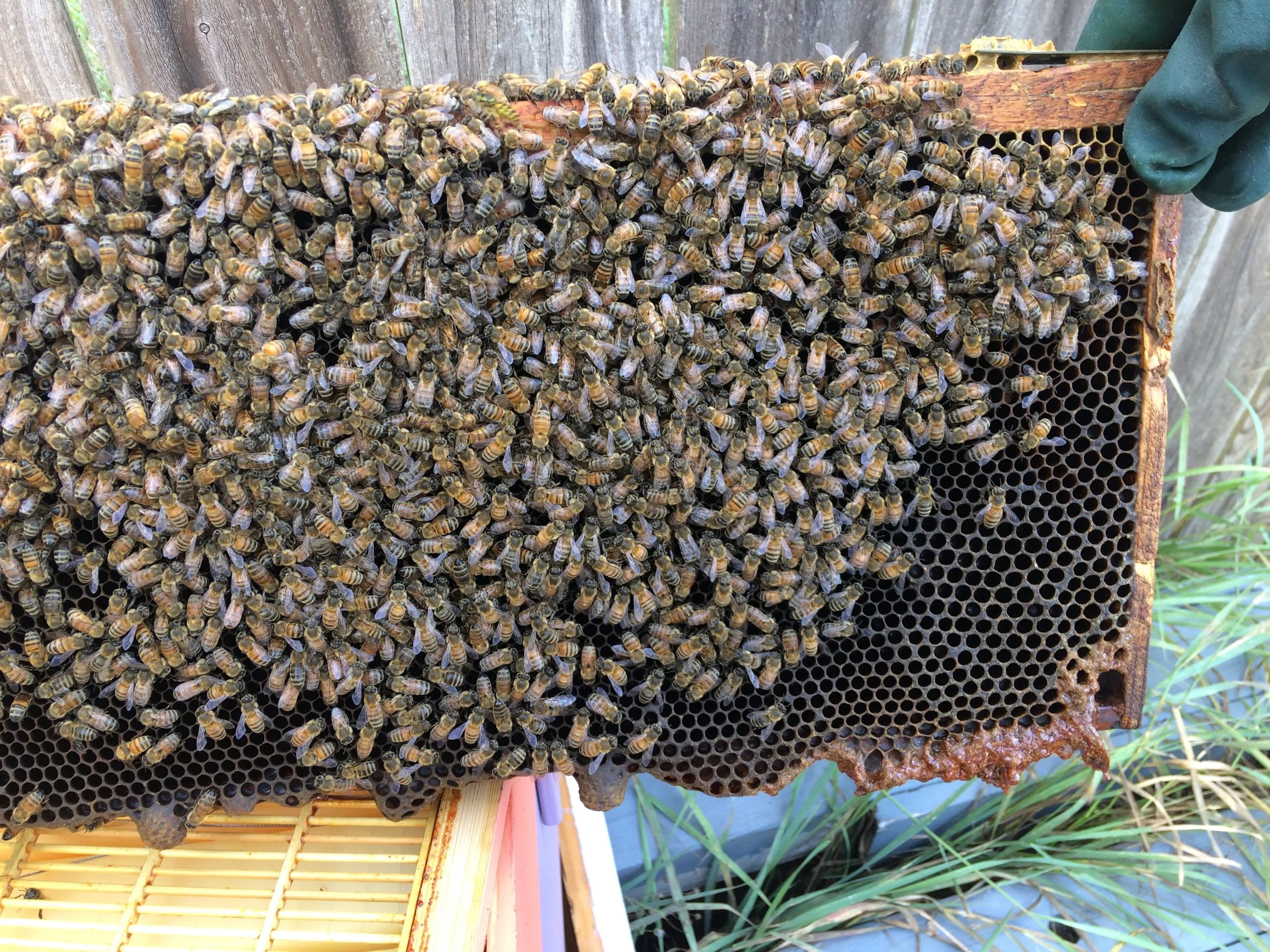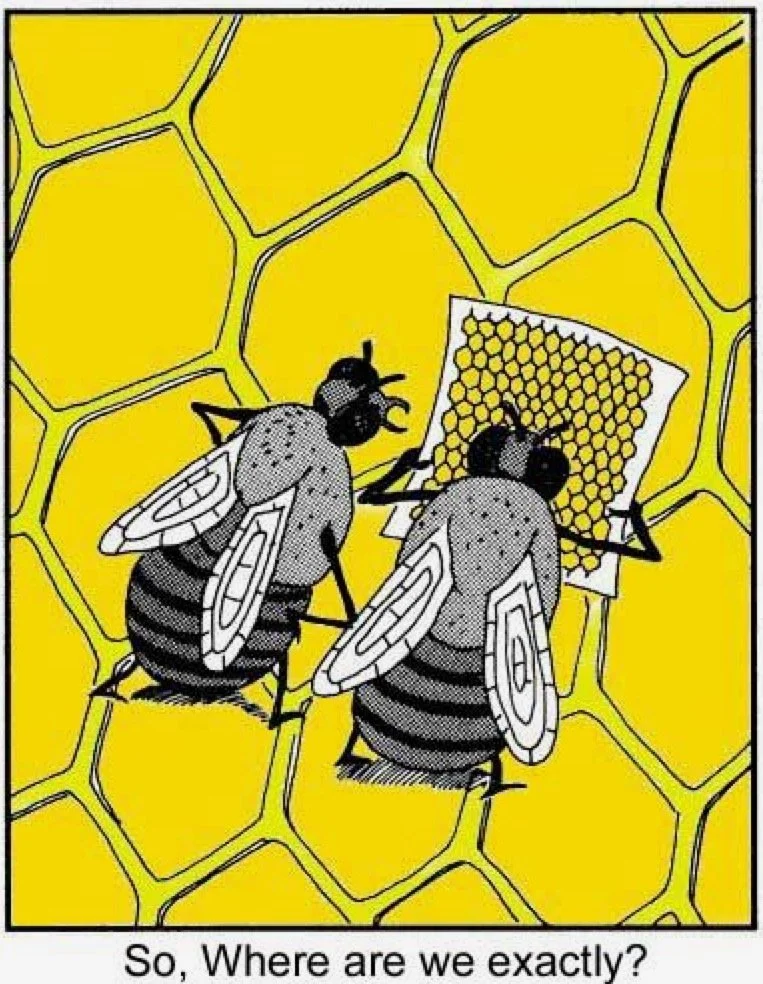Asian Giant Hornet Monitoring/Trapping -2021
This is our chance to make a difference:
Background: This year, Washington State Department of Agriculture (WSDA) will once again be providing materials for cooperating Beekeeping Associations to assist with their regional AGH Trapping Program to run from July to November, which is aimed at detecting and capturing foraging AGH workers from established colonies. For the NOPBA to qualify as a cooperating association to receive the state sponsored trapping materials, we need a minimum of five volunteers willing to make the commitment to hang and monitor even one or two traps for the duration of the summer.
What the WSDA is doing: As with other hornets and wasps, any AGH queens that may have overwintered will be emerging soon to seek out and locate a carbohydrate source as her first step in establishing a nest later in the year. Because of this, WSDA will also be conducting a preemptive “AGH Emerging Queen Trapping Program” in Whatcom County. Because of their limited funding, it makes sense that they must concentrate their resources to the area where they have been previously found, but they do not have the resources to extend that program into other areas.
How local beekeepers can help NOW
While we do not know if the AGH is here on the Peninsula yet, we do know we offer a favorable habitat, and that we are within their migratory flight range. Even though the probability of finding AGH may be quite low…
We believe we have a very unique and time sensitive opportunity to potentially make a huge difference. The Pacific Northwest is the gateway to preventing this Apex predator from establishing a permanent presence in North America.
As discussed at our meeting, Dan and Judy Harvey ofOlympic Wilderness Apiary are spearheading an early jump on the WSDA program by making preparations for a trap line from the Elwha River, to Neah Bay along HWY. 112, which will cover the west end of the peninsula. Dan and Judy have targeted April 1 as the date to have their own early queen traps in service. That leaves the east end of the peninsula still vulnerable.This is where we need your help. We are looking for additional early coverage in the Sequim and Port Angeles areas.
Please consider participating in this valuable effort…even setting up and monitoring just one or two traps will make a huge difference down the road.
Traps are very simple: The Olympic Wilderness Apiary is donating 5 gallons of rice wine for our beekeepers to begin immediately trapping now (April ) until the WSDA program begins in July. Anyone willing to begin participating with the early season trapping efforts will receive enough rice wine to last until July. 1/2 cup of the rice wine mixed with 1/2 cup of orange juice has been proven to be an effective lure for the hornets. The mixture is simply exchanged weekly. Revised instructions to make an AGH trap with the new and simplified “star" shaped entrance are here: TO MAKE A TRAP
This is really our chance to make a difference: Even though the probability of finding AGH may be quite low at this point, our region is after all very much the front line for an entire continent. We do not want to accept the fate being suffered in large regions of Europe. This is clearly another mistakenly introduced invasive species and this may be our only opportunity to hold the line here. Last year, the first AGH in North America captured in a citizen’s bottle trap was a virgin queen, so it seems reasonable to assume that a mated queen would also be attracted to this bait. We also know that yellow jackets were very attracted to the bait.
We will distribute the rice wine at the Port Angeles Library parking lot this Sunday, March 21 from 1:00 until 2:00 pm. After this date, special arrangements will need to be made. Individuals will need to bring one liquid-tight ½ gallon storage container for each trap you intend to set up. (each trap will use 48 oz. of rice wine over the 12 week time frame)
Thanks everyone,
Greg Butler
Secretary, NOPBA
bcc: General Membership and Announcement Requests
Please RSVP by simply emailing info@nopba.org to reserve your half-gallon of rice wine.
WSDA AGH March 17 Media News Conference in real time …
https://www.tvw.org/watch/?eventID=2021031218
Direct Link: https://www.tvw.org/watch/?clientID=9375922947&eventID=2021031218&autoStartStream=true
(Other Video references)
https://www.youtube.com/watch?v=RPdeqwKbTCI
https://www.youtube.com/watch?v=7j1VeCruohQ&t=821s
https://www.youtube.com/watch?v=K_8B4bcrSs8
https://www.youtube.com/watch?v=022Y0MZTIj4












